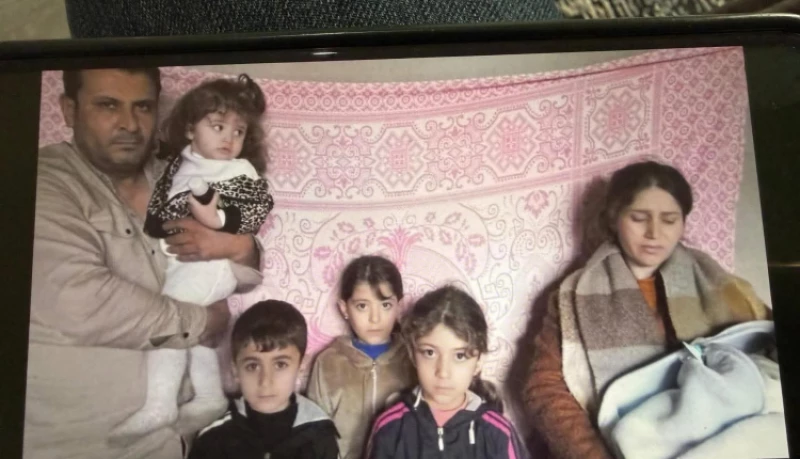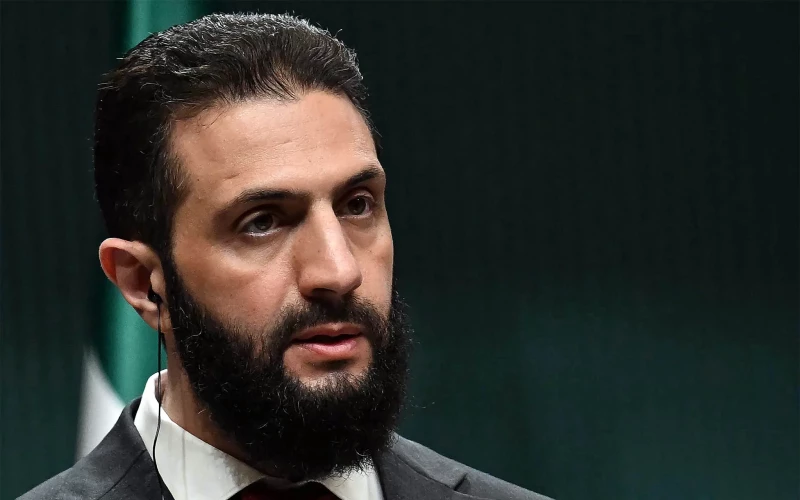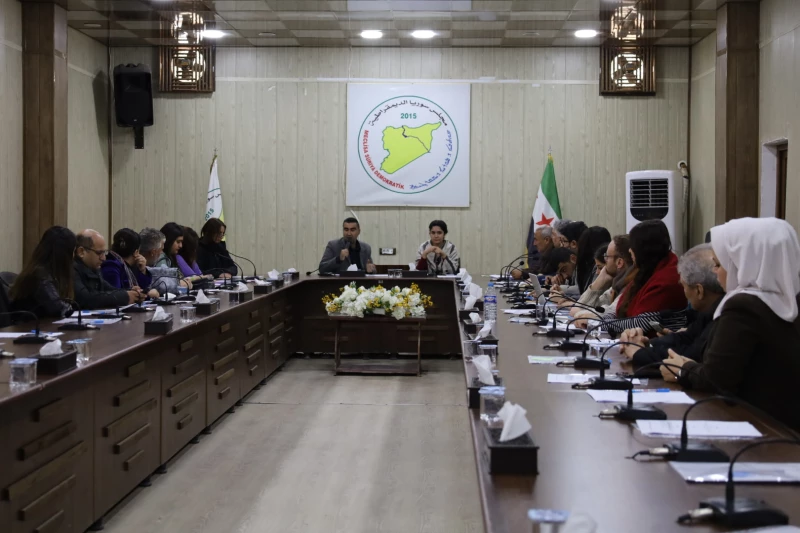SULAIMANI, Kurdistan Region of Iraq – Syria’s elections are set to be postponed in the Suwayda, Hasakah, and Raqqa provinces, with an electoral official on Saturday citing a lack of state control and “security challenges” as the reasons for the delays.
"In order to ensure fair representation in the People's Assembly [parliament] of the three Syrian provinces (Suwayda, Hasakah, and Raqqa), and in view of the security challenges facing these provinces, the Supreme Committee has decided to postpone the electoral process in the aforementioned provinces until the appropriate conditions and a safe environment are in place for holding the elections," said SANA, citing Nawar Najma, a member of the supreme committee for the elections.
The voting process in the three provinces was postponed because elections are a “sovereign matter and must be held within territories controlled by the state, which fully controls its official departments,” the Syrian state-run outlet said, citing Najma, adding that the allocated seats for the provinces will “remain reserved” until elections are held in the three minority-controlled cities “as soon as possible.”
SANA reported on Wednesday that Syrian President Ahmed al-Sharaa had issued a decree prohibiting “the candidacy of advocates of division, secession, reliance on foreign powers, and supporters of the defunct regime.” Hasakah and Raqqa are controlled by the Kurdish-led Democratic Autonomous Administration in North and East Syria (DAANES), while the Druze minority controls the Suwayda province, in which the ethno-religious group comprises a majority of the population.
Both the Kurds and the Druze have advocated time and again for a decentralized or federal system of authority, whereby they retain a degree of self-governance in their own territories, a proposal firmly rejected by the Damascus government.
A conference earlier in August brought together different minorities and components, including Kurds, Arabs, Syriacs, Assyrians, Turkmens, Armenians, and Circassians, in the city of Hasakah and saw the representatives call for a decentralized state. A Syrian government official slammed the results of the conference a day later, saying the event violated previous agreements.
A Syrian electoral official told state media in late July that the elections are set to be held between September 15 and 20, with Sharaa personally appointing 70 out of 210 lawmakers, amounting to one-third of the legislature’s total seats.
Since assuming power, the Damascus government has run into issues, and indeed violent clashes, with many of Syria's minority components; Sharaa’s government has yet to see eye to eye with the Kurdish factions, including the Kurdish-led Syrian Democratic Forces (SDF)—with whom the Syrian army has engaged in a number of military skirmishes, predominantly in the Deir Hafer area—over the future model of governance of Syria.
Syrian security forces, meanwhile, have engaged in military conflicts with both the Alawites and the Druze that have given rise to allegations of sectarian atrocities. The UK-based Syrian Observatory for Human Rights (SOHR) in late July tallied over 1,260 total dead since the breakout of armed hostilities in the vicinity of Syria’s Druze-majority Suwayda on July 13. The tally included 505 Druze fighters and 298 Druze civilians, 194 of whom were "summarily executed by defense and interior ministry personnel.”
A retaliatory response from the security forces after loyalists of the former Syrian regime ambushed and killed 16 security personnel in March saw state forces kill over 1,700 civilians accused of siding with the insurgents, including women and children, according to SOHR.
In late April, Kurdish factions gathered for a Kurdish Unity Conference that saw the endorsement of a 26-article declaration calling for a decentralized Syria and the unification of Kurdish regions within a federal framework.

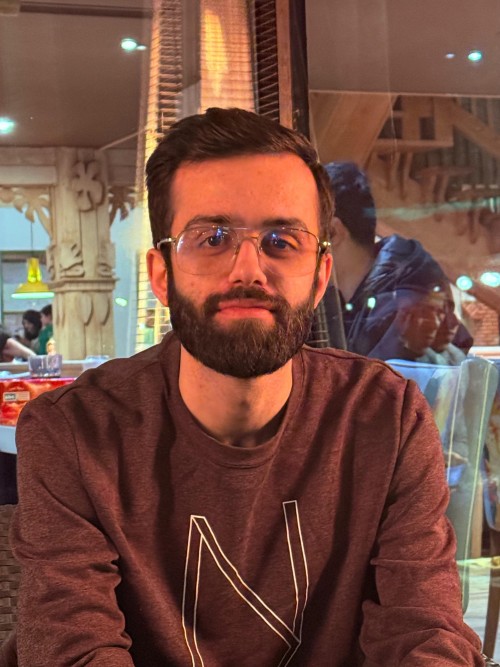
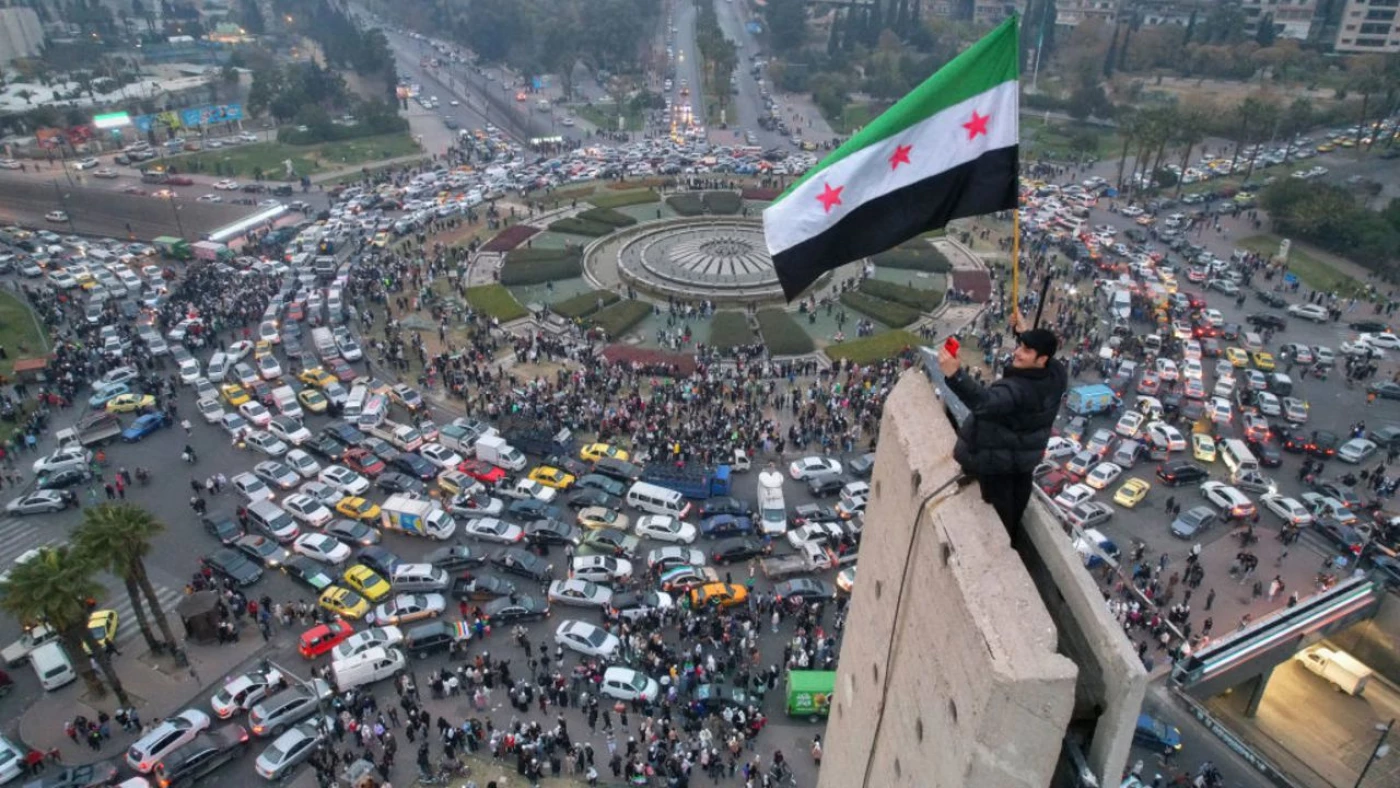
 Facebook
Facebook
 LinkedIn
LinkedIn
 Telegram
Telegram
 X
X
